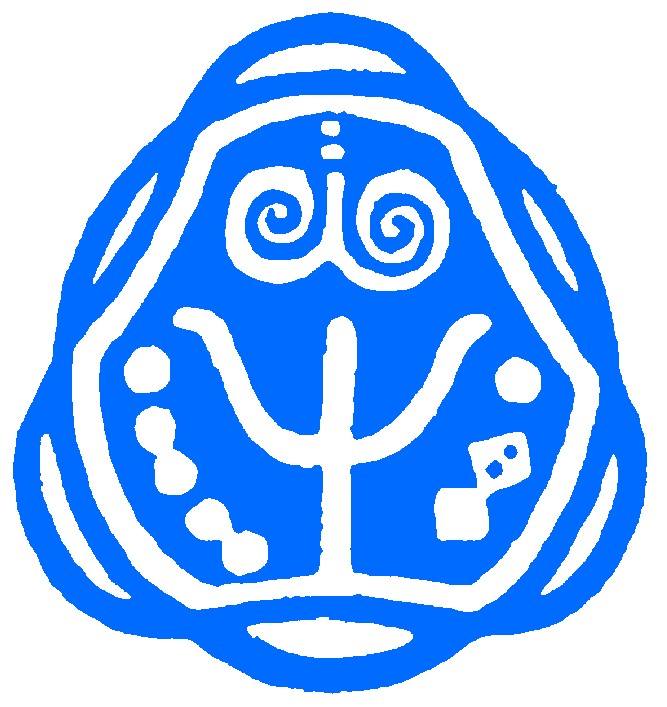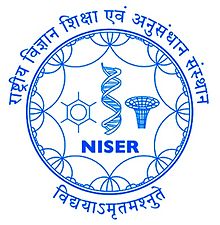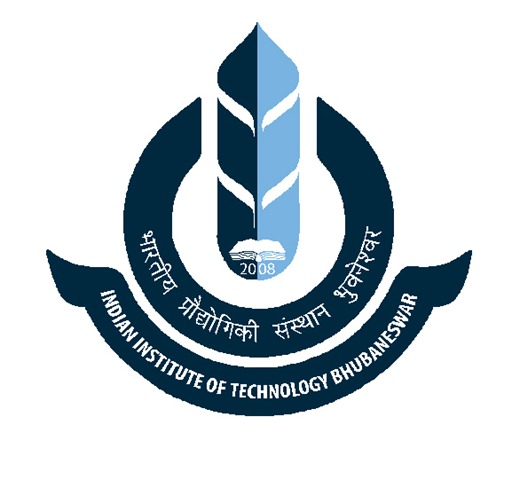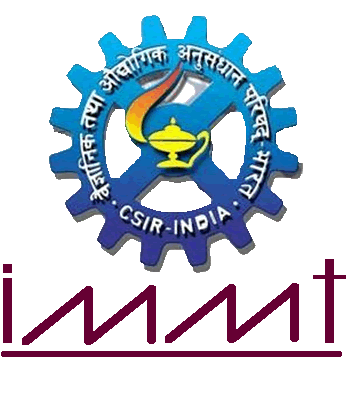Title: Quantum-dot heat engines, quantum clocks and a Landauer principle for time-keeping
Speaker: Prof. Bhaskaran Muralidharan, IIT Bombay, India
Venue: IOP Lecture Hall
Date: 2017-Feb-23 16:00:00
Abstract: In this talk, we present recent works [1-2] on two distinct aspects related to quantum dots. In the first
part, thermoelectric response of a dissipative quantum dot heat engine based on the Anderson-Holstein model is
analyzed. We delve into two relevant operating limits, (i) when the dot phonon modes are out of equilibrium, and
(ii) when the dot phonon modes are strongly coupled to a thermal environment. We discuss several nuances
related to the heat engine operation under both limits. When relaxation via a heat bath is involved, we estimate
the dot temperature by incorporating a thermometer bath, and it is shown that the dot temperature deviates from
the bath temperature as electron-phonon interaction in the dot becomes stronger. Consequently, it is
demonstrated that the dot temperature controls the direction of phonon heat currents, thereby influencing the
thermoelectric performance.
In the second part, we bring in a Bayesian viewpoint to the analysis of clocks, specifically taking the Salecker
Wigner clock formulation [3] and explore a novel set up to estimate the tunneling time [2] between electrons in a
contact and a quantum dot weakly coupled to it. Using the exponential tunneling distribution as a priors for clocks,
we analyze the case of a single precessing spin in a quantum dot. We find that, at least with a single qubit,
quantum mechanics does not allow exact timekeeping. We find the optimal ratio of angular velocity of precession
to rate of the exponential distribution that leads to maximum accuracy. Further, we find an energy versus accuracy
tradeoff in a form reminiscent of the Szilard-Landauer principle --- the energy cost is at least k_BT times the
improvement in accuracy as measured by the entropy reduction in going from the prior distribution to the
posterior distribution.
References:
[1] B. De and B. Muralidharan, Phys Rev B, 94, 165416, (2016).
[2] M Gopalkrishnan, V. Kandula, P. Sriram, A. Deshpande and B. Muralidharan, ArXiv: 1602.00508, Proceedings of
IEEE Symposium on Information Theory, (2016).
[3] A. Peres, Am. J. Phys., 48, 552, (1980).




